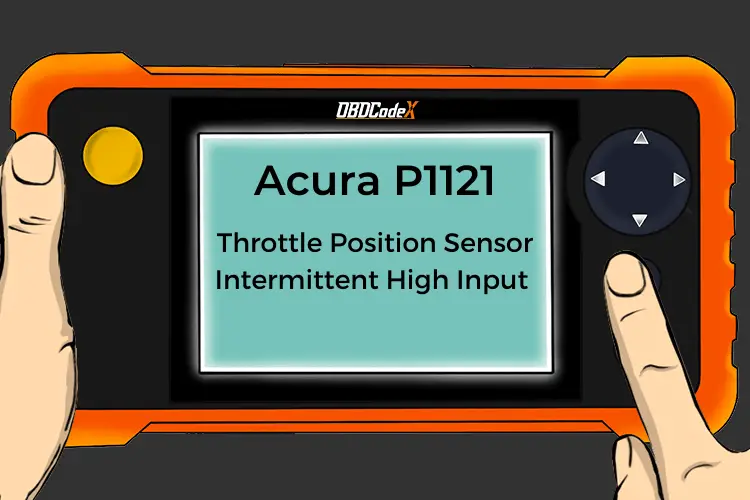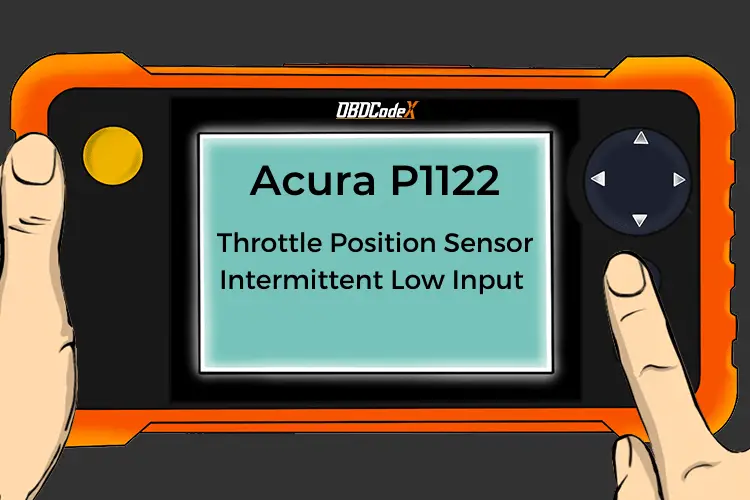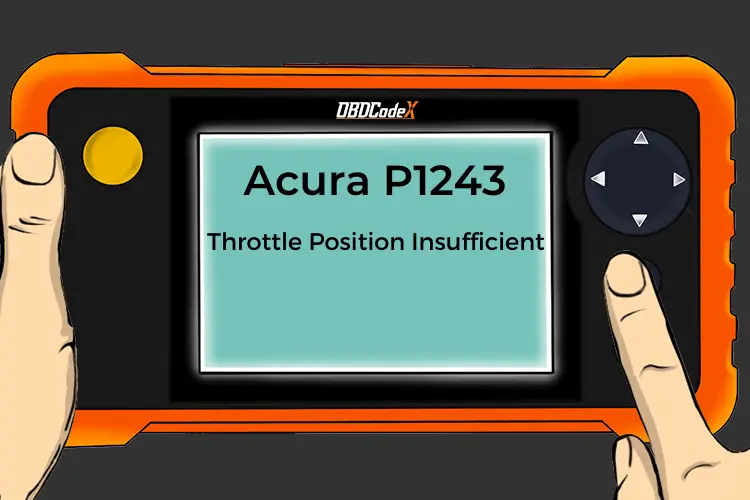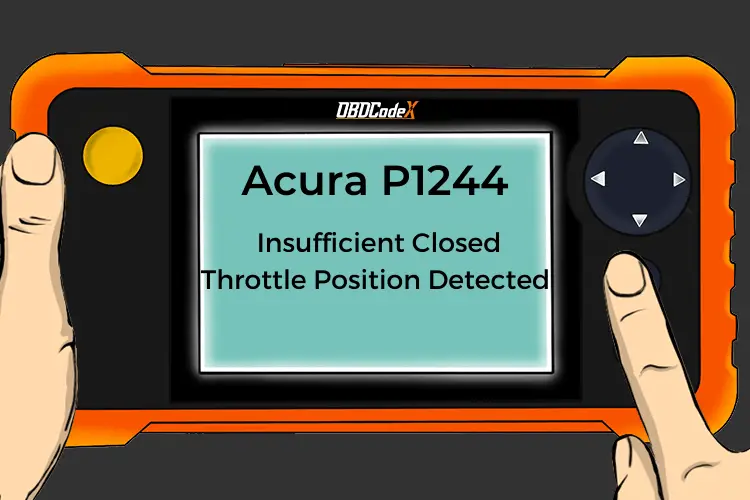P0226: Throttle Position Sensor/Switch C Circuit Range/Performance
Is your scanner showing P0226?
No worries. We'll show you what it means and how to deal with it.
P0226: Throttle Position Sensor/Switch C Circuit Range/Performance
OVERVIEWWhat Does The P0226 Code Mean?
The Throttle position sensor is a potentiometer that measures the amount of throttle opening. As the throttle is opened, the reading (measured in volts) goes up.
The powertrain control module (PCM) is the main computer controlling the vehicle and it supplies a 5 Volt reference signal to the throttle position sensor (TPS) and usually a ground also.
A general measurement is: at idle = .5 Volts; full throttle = 4.5 Volts. If the PCM detects that the throttle angle is greater or less than it should be for a specific RPM, it will set this code. The C refers to a particular circuit, sensor, or area of a particular circuit.
What Are The Symptoms Of The P0226 Code?
Symptoms of a P0226 trouble code could include:
- Malfunction Indicator Lamp (MIL) illumination (Check Engine Light or Service Engine Soon light)
- Intermittent stumble on acceleration or deceleration
- Blows black smoke on acceleration
- No start
What Are The Potential Causes Of The P0226 Code?
A code P0226 may mean that one or more of the following has happened:
- TPS has intermittent open or short internally
- Harness is rubbing and causing an open or short in the wiring
- Bad connection at the TPS
- Bad PCM (less likely)
- Water or corrosion in connector or sensor
How Can You Fix The P0226 Code?
1. If you have access to a scan tool, see what the idle and WOT (wide open throttle) readings are for the TPS. Check if they’re close to the specifications mentioned above. If not, then replace the TPS and re-check.
2. Check for an intermittent open or short in the TPS signal. To do that, you can’t use a scan tool. You’ll need an oscilliscope. The reason is because scan tools take samplings of many different readings over just one or two data lines and can miss an intermittent drop out. Hook up your oscilliscope and watch the signal. It should sweep up and down smoothly with no drop outs or spikes.
3. If no problems were noticed, perform a wiggle test. Do this by wiggling the connector and harness while watching the pattern. Does it drop out? If so, replace TPS and re-check.
4. If you have no TPS signal, check for 5 Volt reference at the connector. If it’s present, check the ground circuit for open or shorts.
5. Make sure the signal circuit isn’t 12V. It should never have battery voltage. If it does, trace circuit for short to voltage and repair.
6. Look for any water in the connector and replace TPS as necessary.
Recommended Parts
Below are some recommended auto parts to help you address the trouble code affecting your vehicle and get it running smoothly again:
>>> Throttle Position Sensor (generic)
>>> WORKPRO 582-piece Crimp Terminals, Wire Connectors, Heat Shrink Tube, Electrical Repair Kit
>>> Dorman 86689C 399 PC Automotive Electrical Repair Kit
>>> ECU
>>> INNOVA 5210
>>> Siglent Technologies SDS1202X-E 200 mhz
Note: During the purchasing process, please check carefully whether the part you want to buy fits your car!
Reference Sources
P0226: Throttle Position Sensor C Circuit Range/Performance, OBD-Codes.




